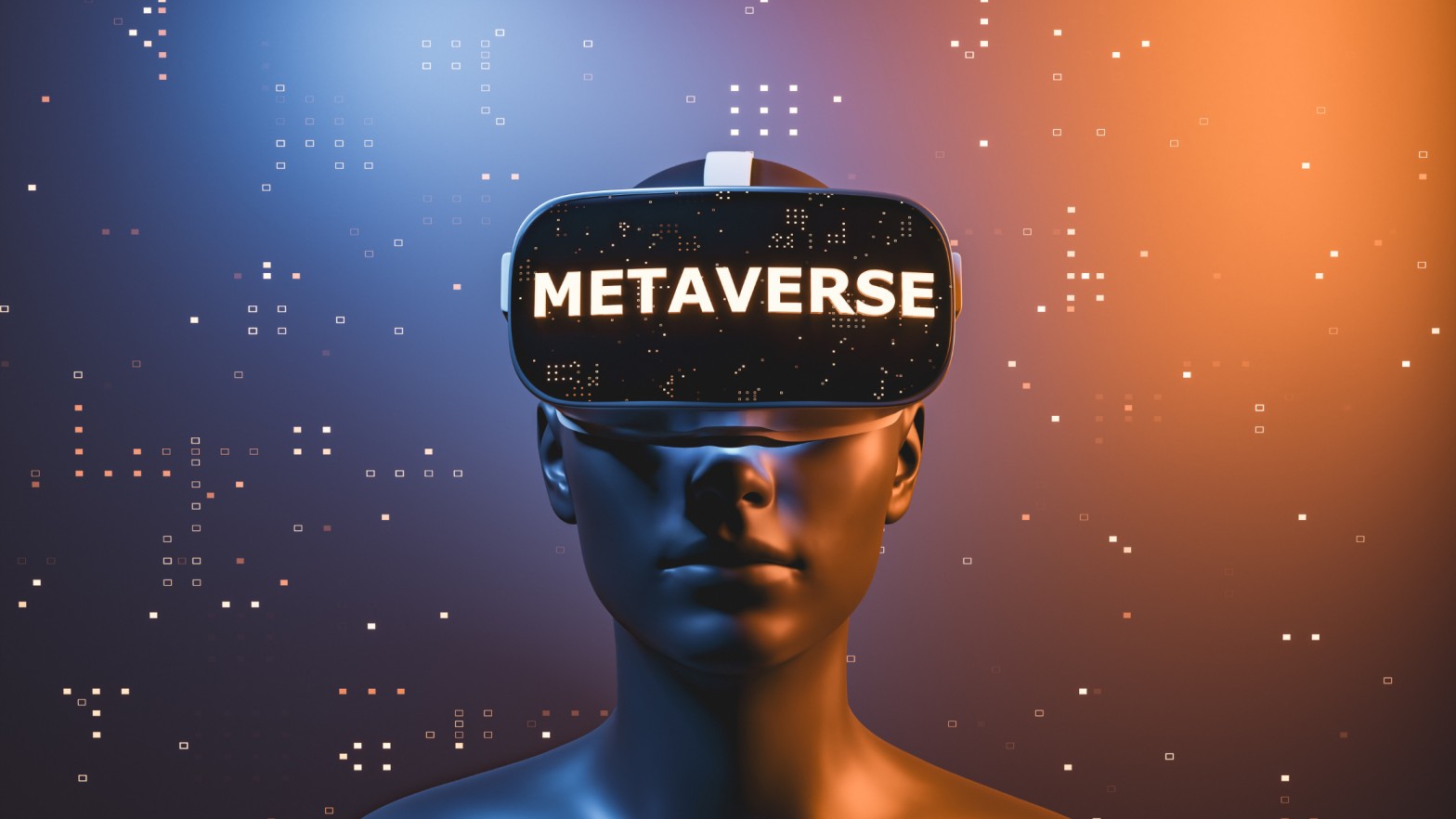What Is The Metaverse?
The term "metaverse" was coined in Neal Stephenson's 1992 science fiction novel "Snow Crash," in which it referred to a virtual world where people could interact with each other and with artificial intelligence in a fully immersive, three-dimensional environment. Since then, the concept of a metaverse has become a popular one in science fiction and tech circles, and it has also been used to describe a wide range of virtual and augmented reality experiences.
At its core, the metaverse is a virtual world that is created and maintained by a network of computers, and which can be accessed and explored by users through various forms of digital media. It is a place where people can socialize, play games, work, learn, and generally interact with each other and with virtual objects and environments in a way that is similar to how they would in the real world.
There are many different types of metaverse experiences, ranging from simple chat rooms and forums to fully immersive virtual reality environments. Some examples of metaverse platforms include Second Life, Minecraft, and The Matrix Online. These platforms allow users to create and customize their own avatars, or digital representations of themselves, and to explore virtual worlds that are created by other users or by the platform itself.
One of the key features of the metaverse is the ability for users to interact with each other in real-time, regardless of their physical location. This makes it possible for people to socialize, work, and play together even if they are thousands of miles apart. It also allows users to participate in activities that might not be possible in the real world, such as exploring fantastical landscapes or participating in virtual events and competitions.
Another important aspect of the metaverse is the ability for users to own and control virtual property and assets. This can include virtual real estate, such as virtual homes or businesses, as well as virtual objects and items that can be used in the metaverse or sold to other users. This concept of virtual ownership has led to the emergence of virtual economies and markets, which can be highly lucrative for users who are able to create and sell popular virtual items or services.
As technology continues to advance, it is likely that the metaverse will become increasingly sophisticated and immersive. Some experts predict that it will eventually become a major platform for social interaction, entertainment, education, and even commerce, with millions of people around the world participating in virtual worlds and activities on a daily basis.
Overall, the metaverse is a fascinating concept that has the potential to revolutionize the way we interact with each other and with the digital world. Whether it will ultimately live up to its full potential remains to be seen, but it is certainly an exciting and rapidly evolving space to watch in the coming years.
To learn more about the Metaverse, go to www.metavsummit.com to meet the leaders and experts in Web 3 & Metaverse

